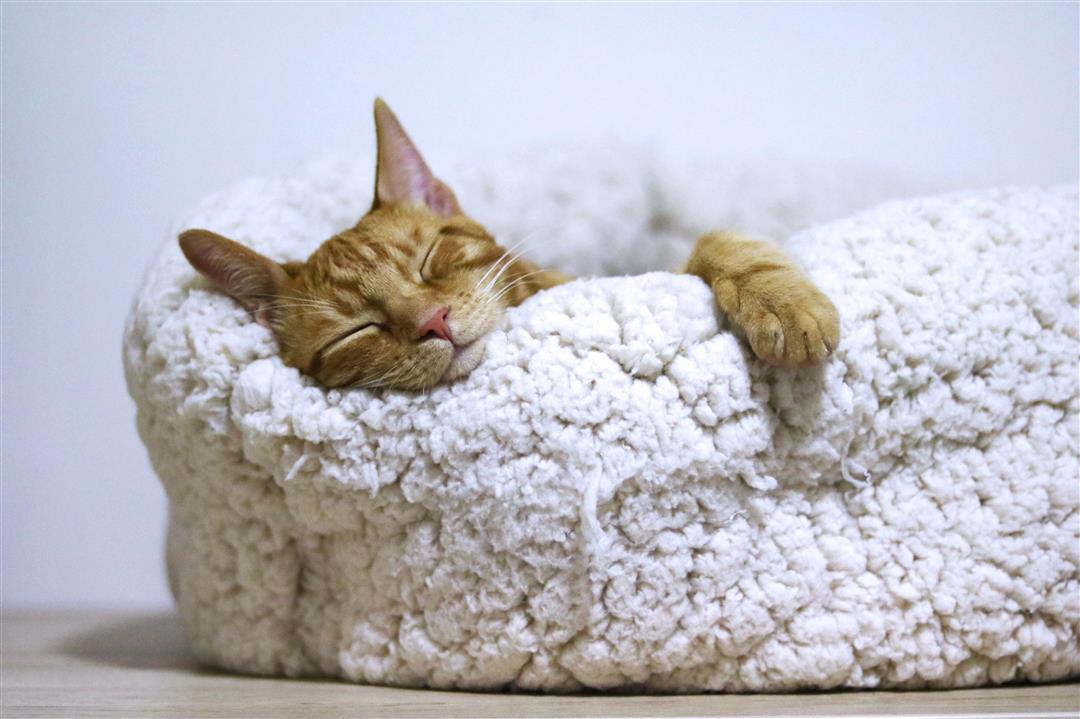
Posted Monday, October 23, 2023 @ 10:43 AM
Mastering the Art of Sleep: A Guide to Cultivating Your Perfect Sleep Routine
Creating a consistent sleep routine is crucial for maintaining overall health and well-being. A well-structured sleep routine helps regulate your body's internal clock, improves mood, and helps you think more clearly. As a student, ensuring that you get enough sleep each night is a crucial component of success. Here are some steps to create an effective sleep routine:
- Set a Consistent Schedule: It is important to go to bed and wake up at the same time every day (even on weekends!). Consistency helps regulate your body's natural sleep-wake cycle. Most adults from age 18-65 need about 7-9 hours of restful sleep!
- Create a Relaxing Bedtime Ritual: Engage in calming activities before bed to signal to your body that it's time to wind down. This could include reading, practicing mindful breathing, using essential oils, or listening to soothing music. It can also be helpful to create a bedtime routine and follow the same schedule every night.
- Limit Screen Time: While using electronic devices like phones, tablets, and computers is tempting before bed, it is important to abstain from usage at least an hour before bedtime. The blue light emitted by screens can interfere with the production of the sleep hormone melatonin and makes it more difficult to both fall asleep and wake up the next day.
- Mind Your Diet: Avoid caffeine and alcohol close to bedtime. These can disrupt sleep and make it harder to fall asleep.
- Create a Comfortable Sleep Environment: A dark quiet room is typically the most conducive to sleep
- Get Regular Exercise: Regular physical activity and mindful movement can improve sleep quality and cause you to fall asleep faster!
- Limit Naps: While short naps (20-30 minutes) can be beneficial, avoid long naps during the late afternoon or evening.
- Manage Stress: Practice relaxation techniques like deep breathing, meditation, square breathing, or progressive muscle relaxation to manage stress.
- Be Patient: It might take your body some time to adjust to a new sleep routine. It is important to stick to your schedule even if you have occasional sleep disturbances.
Practicing these steps can help you create a healthy sleep routine that improves the quality of your sleep and enhances your overall well-being!